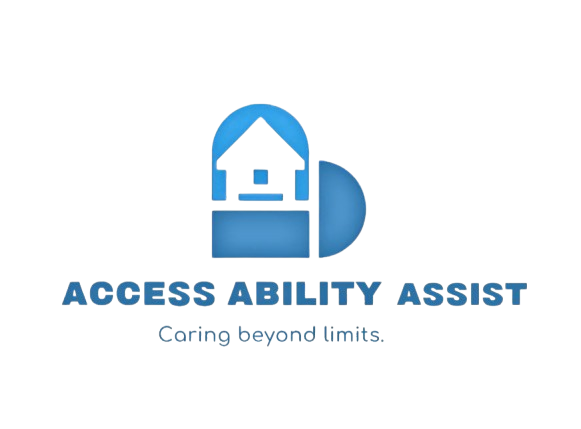Talk with us: 0420 978 397 / 0425 547 973
info@accessabilityassist.com.au

Supported Independent Living (SIL) under Australia’s NDIS provides tailored support to help individuals with disabilities manage daily life tasks and live more independently. In the following article, we delve into the various types of SIL services, how they are funded, and the benefits they offer for enhancing quality of life.
For those who require round-the-clock assistance, 24/7 residential support provides comprehensive care. Services may include personal care, meal preparation, medication management, and participation in community activities.
This type of support is less intensive and is tailored for individuals who need help with specific tasks or during particular times, such as morning routines or transportation to work.
Cluster housing involves a group of units designed for people with similar support needs. Shared support staff assist with daily activities, offering a balanced environment that encourages independence and community interaction.
Here, an individual with a disability lives with someone who doesn’t have a disability, usually in a private home. The co-resident provides informal support, sometimes in exchange for benefits like reduced rent.
In this setup, the individual becomes part of a host family that provides support. This arrangement suits those who prefer a family-oriented setting.
NDIS participants’ eligibility for SIL services is determined by an individualised plan. Funding varies based on the level and types of support needed.
The ultimate goal of SIL is to empower individuals to lead a more independent life. Whether it’s through skill-building, community engagement, or daily task assistance, the impact on quality of life can be significant.
If you or a loved one are exploring SIL options under the NDIS, it’s crucial to partner with a reliable service provider. At Smile Care Community Provider, we offer a variety of SIL services tailored to meet your unique needs. Our team of professionals is committed to enhancing your quality of life through personalised care and support.
For more information on how we can assist you with your SIL needs, visit our Supported Independent Living service page.
You can also visit the NDIS Supported Independent Living Page to read more from their in-depth documentation.
